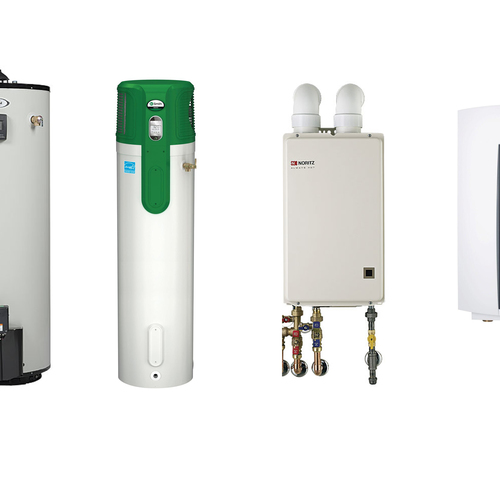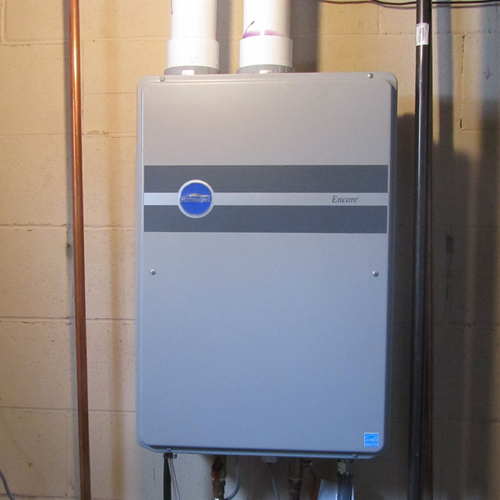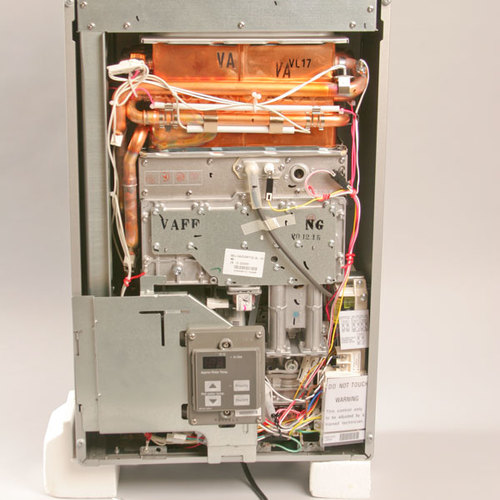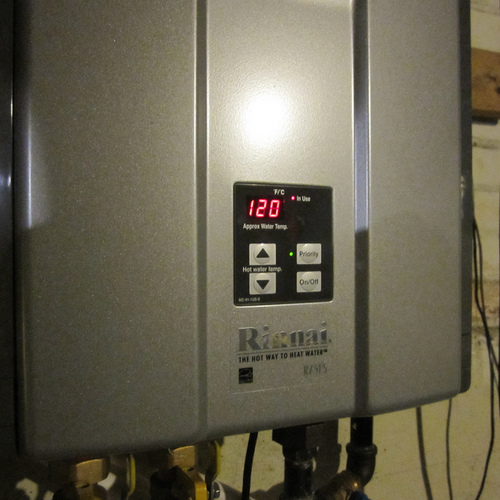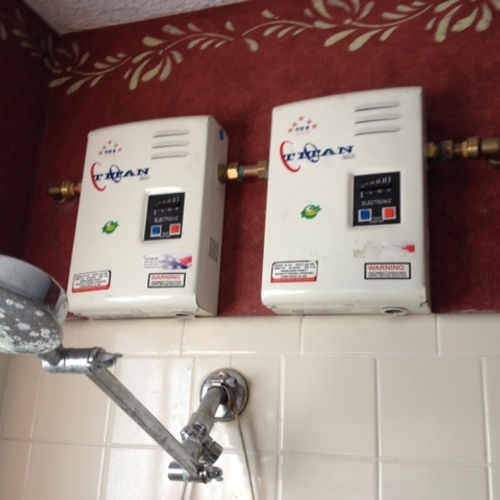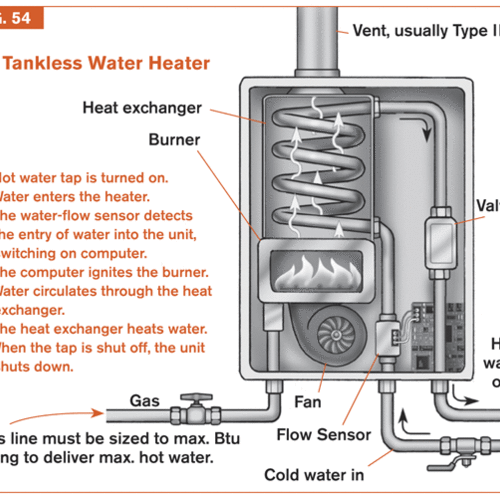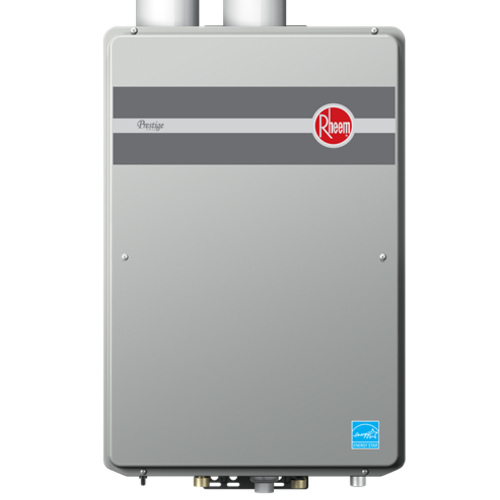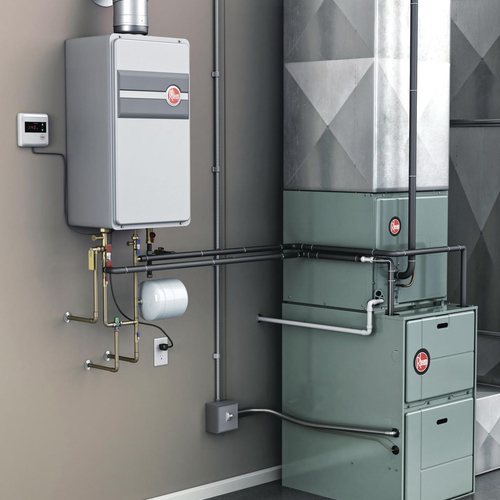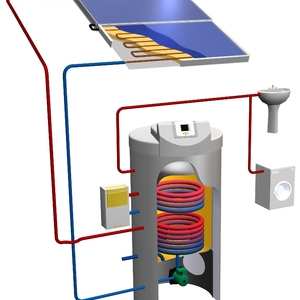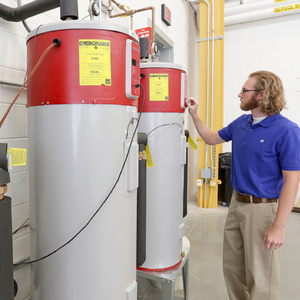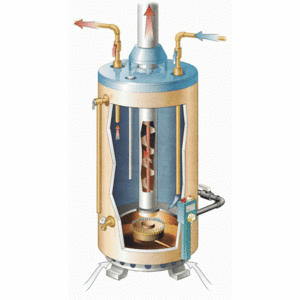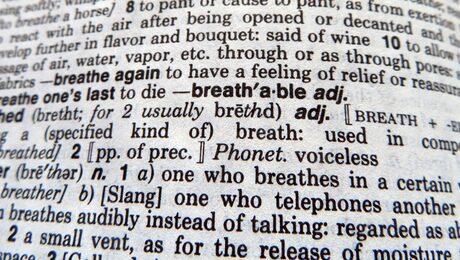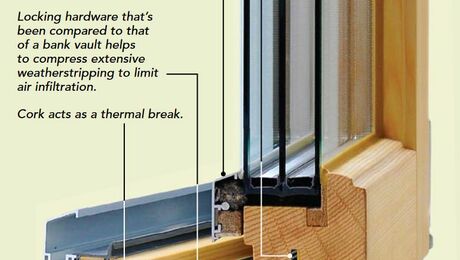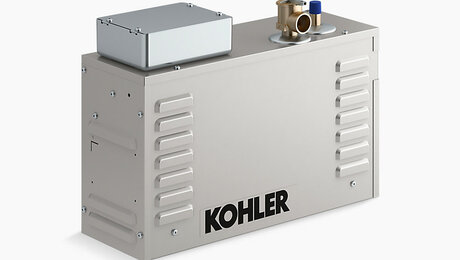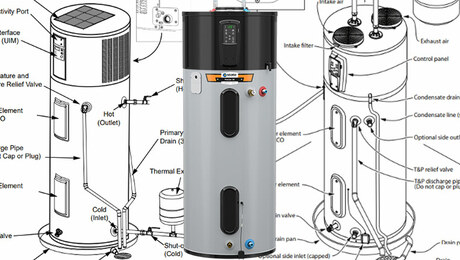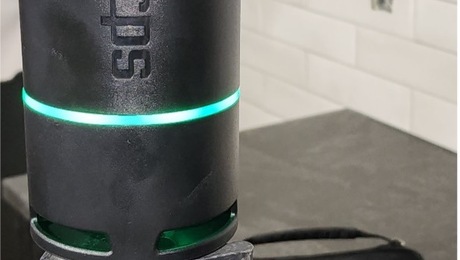
This is a list of the most important GBA articles on tankless (instantaneous) water heaters. Tankless water heaters can be fueled by natural gas, propane, or electricity.
If you are looking for an index that spans all categories, with a special focus on “how to” articles, check out this resource page: “How to do Everything.”
-
Domestic Hot Water: No Perfect Solution
Some questions are easier to answer than others. For example, there is a fairly straightforward answer to, “How should I insulate the floor of my unconditioned attic?” — namely, “With a deep layer of cellulose.” (There’s more to say on the topic, of course — but even a full answer isn’t very complicated.) There is no easy answer, however, to, “How should I heat my domestic hot water?” Every type of water heating technology is flawed; every solution involves compromise. Many factors affect the decision about what type of water heater to choose, including:
-
Are Tankless Water Heaters a Waste of Money?
Although tankless water heaters are, on average, more efficient than traditional tank-style water heaters, they’re also more expensive — so expensive, in fact, that many potential customers wonder whether their high cost can ever be justified by likely energy savings.
-
Are Tankless Water Heaters Really Green?
Tankless water heaters have one advantage over conventional storage units: no standby losses. Instead of keeping water hot around the clock, regardless of whether it's actually needed, tankless units heat water only when a tap or an appliance is turned on. By rights, this should mean lower energy consumption, a decidedly green advantage.
-
Does an Electric Tankless Water Heater Make Sense?
David Voros owns a vacation home that isn't used frequently, but every so often the house sees a lot of guests. What, he asks, is the best way of providing enough hot water for a crowd? Voros sketches out these parameters in a recent Q&A post: very cold incoming water temperatures, a limited amount of space for a tank-style heater, and limited availability of gas. The house has photovoltaic panels, and Voros would like to avoid running another exhaust pipe through the building envelope.
-
Point-of-Use Electric Tankless Water Heaters
A couple of years ago, I was standing at my kitchen sink, idly waiting the minute or so for hot water, noticing my poor parched backyard. Central Texas was (and still is) in the death grip of a prolonged, severe drought. Our lakes are in really bad shape, and we are under very tight water restrictions. Then suddenly, I had a mini epiphany: I’m wasting a lot of valuable water while I wait for hot water.
-
Storage vs. Tankless Water Heaters
Last week I suggested some ways to reduce your hot water use. This is almost always the easiest way to save energy with water heating—it’s the “low-hanging fruit” to be sure. Over the next few weeks, I’ll get into water heating options. To start, let’s look at the differences between “storage” and “tankless” water heaters.
-
The Difference Between Storage and Tankless Water Heaters
There are two primary types of water heaters: storage and tankless. In this column I’ll try to explain the differences between these two approaches and offer some guidance on choosing between them. (There are also “hybrid” water heaters with features of both that I’ll cover in a future blog.) Storage water heaters Most water heaters are storage models. These are insulated tanks holding 20 to 120 gallons with either electric heating elements or gas burners. The storage tank stratifies with hot water at the top and cold incoming water at the bottom, so that as you draw off hot water (from the top), you get consistently hot water until the hot water is nearly depleted. The “first-hour rating” tells you how many gallons of hot water can be delivered in an hour.
-
Using a Tankless Water Heater for Space Heat
You can buy a gas-fired tankless water heater for $600 — or even $300, if you want a bare-bones model. These appliances are remarkable: they are compact enough to hang on a wall and can begin producing an “endless” flow of hot water almost instantly. Many people look at these small appliances and think, “Why can’t I use one to heat my house?” The answer is, you can. However, just because you can, doesn’t mean you should.
-
Water Heaters: Tank or Tankless?
Learn how tank and tankless water heaters work, how to choose and size one to suit your needs, and how to save money and energy in the process If you've ever been in the shower and shrieked in dismay when your spouse started up the dishwasher, author Dave Yates has some vital information for you.
-
Why Add a Tank to a Tankless Water Heater?
Instant water heaters save energy and offer endless hot water, but not without some problems. A small tank and a big pump can fix the flawsEver been hit by a sudden blast of cold water in the middle of your hot shower, or even just lost hot-water pressure altogether, because someone has decided to do the dishes at the same time you're cleaning up?
